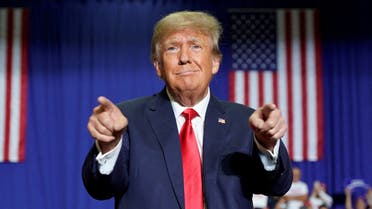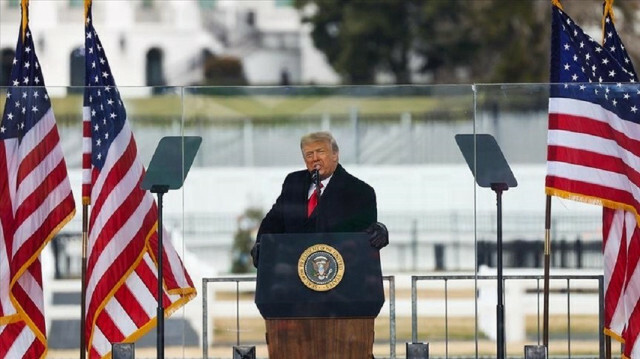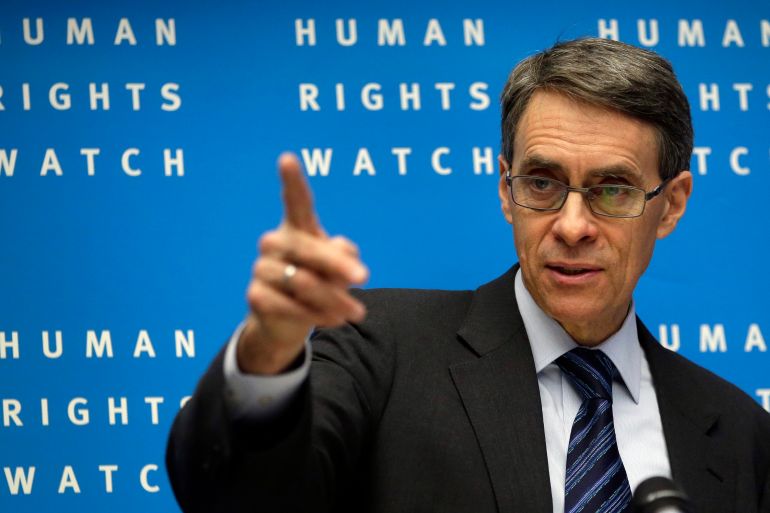
Former U.S. President Donald Trump gestures during a rally
Bloomberg
Published: 06 January ,2023
Donald Trump is being blamed for the death of Capitol Police Officer Brian Sicknick, who was assaulted during the January 6, 2021, riot, in a lawsuit that claims the former president is responsible because he riled up his supporters with false election claims and calls to take action.
That “cost Sicknick his life,” Sandra Garza, Sicknick’s former girlfriend and representative of his estate, said in a complaint filed in Washington Thursday.
It’s the latest civil lawsuit seeking to hold Trump legally responsible for the violence at the Capitol. He’s previously argued that he’s immune against being sued over his words and actions in connection with the events of January 6. A federal appeals court is set to weigh in on the merits of that defense later this year.
Garza also sued Julian Khater and George Tanios, both of whom pleaded guilty last year to offenses tied to the riot. As part of his plea, Khater admitted to spraying Sicknick and other officers with bear spray. Tanios admitted to buying the bear spray and bringing it to the Capitol. Khater then took the canister from Khater’s backpack and used it on the officers, according to the complaint.
Sicknick later collapsed at police headquarters and died the next day. A medical examiner determined that he died of natural causes, though Garza’s complaint notes the examiner also previously stated that “all that transpired played a role in his condition.” The government didn’t charge the men in connection with Sicknick’s death.
Garza’s lawyers placed the blame squarely on the former president.
“Trump put out a clear call to action, and the crowd — including defendants Khater and Tanios — responded,” Garza’s lawyers said.
Garza is seeking at least $10 million in monetary damages from each defendant as well as punitive damages.
Former US president already at ‘great risk’ due to numerous other investigations, says Georgetown University Law School professor
6/01/2023 Friday
AA

